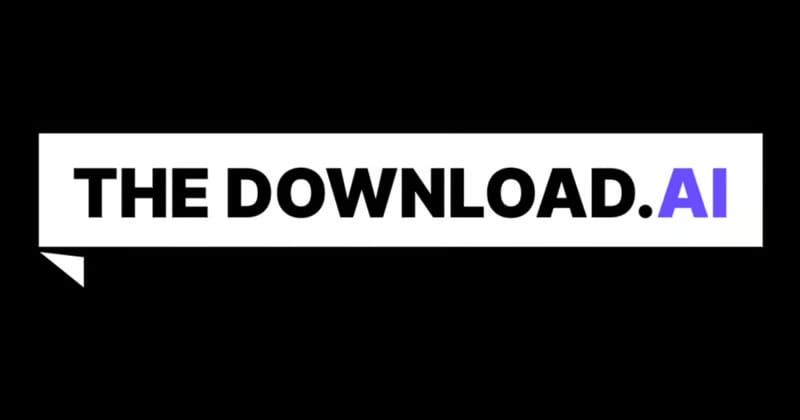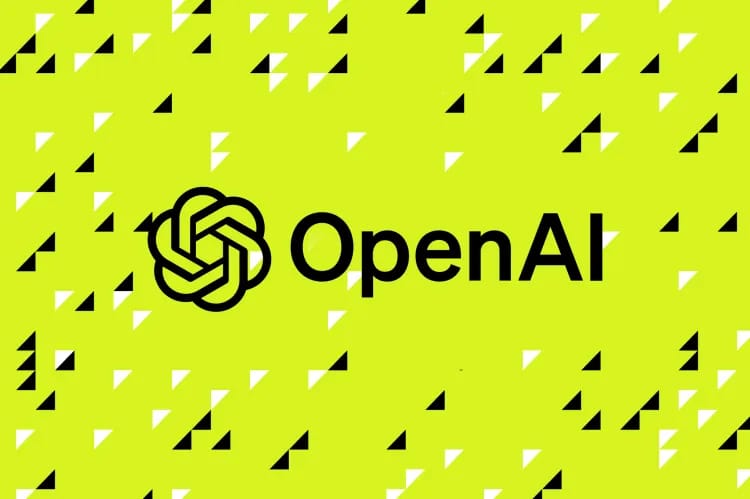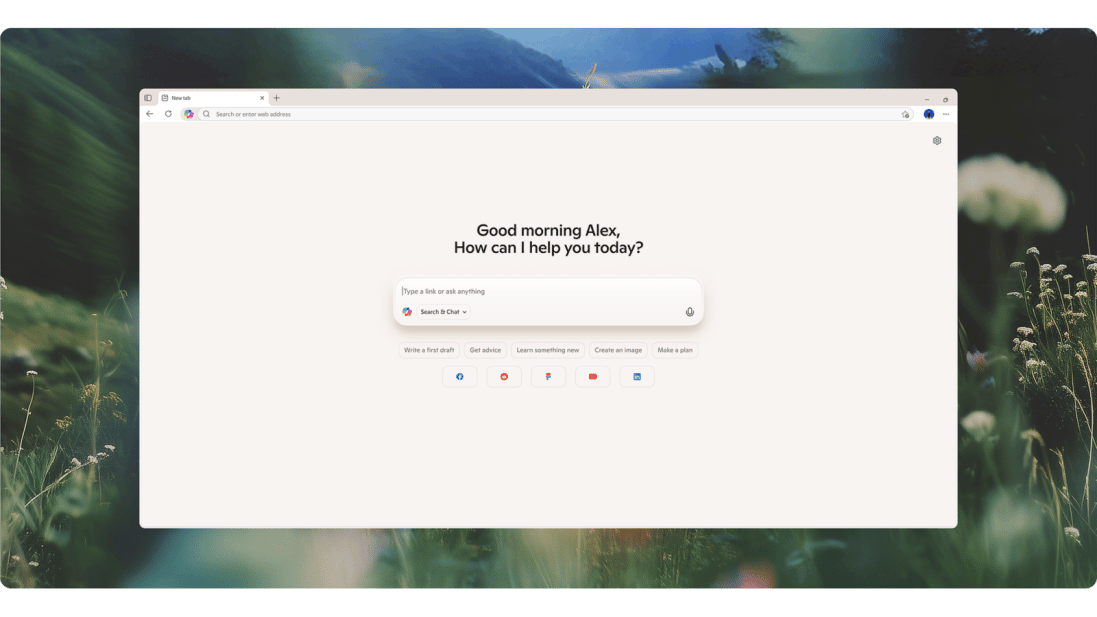- TheDownload.AI
- Posts
- 74th Edition Download
74th Edition Download
OpenAI quietly preps GPT-5, Microsoft doubles down on AI in Edge, and China’s government slams U.S. AI policy. Let’s dig in.

Welcome!
Hey, it’s Aidan again. For the second time, a big welcome to all the new folks who just joined The Download, it’s wild to see how fast this community is growing. If you’re just tuning in, I’m the founder of AIApply, and the person behind this newsletter. Every Tuesday and Friday, we break down what actually matters in AI, and more importantly, what it means for you.
But before we dive into this week’s updates, I want to take a second to say thank you.
To everyone who’s been reading The Download since day one, or even just the last few weeks, you’re the reason I keep writing. I started this as a small side project. It’s since grown into something much bigger. So, thank you for letting me be a part of your inbox. I don’t take it for granted.
Now, let’s talk about why I do this.
If there’s one thing I believe, it’s this: AI is going to reshape work faster than most people are ready for.
And unless we start building the right tools and having the right conversations, people are going to get left behind.
That’s also why I built AIApply. I didn’t want to just create another job platform. I wanted to build a toolkit that actually helps people navigate the messiness of modern careers, with AI as an assistant, not a replacement.
Because I’ve been there.
I’ve been the job seeker refreshing my inbox. I’ve been the person rewriting the same bullet point 12 times. I’ve been on calls where I knew I could do the work, but didn’t have the polish to land the role. And I kept thinking: this process is broken. It’s outdated. And now that we have access to powerful tools, it doesn’t have to be this hard anymore.
So now AIApply has helped hundreds of thousands of people write better resumes, prep for interviews, research companies, apply faster, and feel more confident every step of the way. And we’re just getting started.
This newsletter, The Download, is the second half of that mission. Because you don’t just need better tools. You need better awareness. You need to know what’s changing, what’s real, and where to focus your attention. That’s what I try to deliver here, twice a week.
Thanks for being here.
— Aidan
P.S. Direct career advice coming next week!
This Week in AI:
No jargon, no filler—just the biggest AI developments worth knowing right now. Perfect for quick industry insights, so you can skip the buzzwords and get straight to the good stuff. Let’s dive into this week’s AI shake-ups, just as promised:
Microsoft just hinted that OpenAI’s next flagship model is on the way, and the timing makes sense, GPT-4 is now 18 months old, and rivals are racing forward. Meanwhile, Microsoft also just turned Edge into a full-blown “AI browser” with a new Copilot mode, as it continues to fuse AI across its ecosystem. And China? Its Ministry of Foreign Affairs issued a rare public statement condemning U.S. AI chip export restrictions.
Let’s get into it.
In This Issue:
TL;DR:
According to Microsoft’s AI update blog and a short note in Notepad, OpenAI’s GPT-5 is likely nearing release. Microsoft says it expects “a new model” from OpenAI to launch soon, without naming it directly. OpenAI’s last major model, GPT-4, launched in March 2023, and GPT-4o (a multimodal variant) followed in May 2024.
Our Take:
This is your early warning. GPT-5 has likely been in quiet testing for months. The big questions now: Is it just an upgrade in size, or are we getting new capabilities like longer-term memory, better reasoning, or agent-like behavior? Given how fast Anthropic, xAI, and Google are moving, OpenAI needs to make this one count.
TL;DR:
China’s Ministry of Foreign Affairs responded to the U.S. CHIPS Act and expanded export restrictions by calling them “technological bullying” meant to suppress China’s rise in AI. The statement, published on July 26, accuses the U.S. of politicizing supply chains and vows that China will “strengthen independent innovation.”
Our Take:
As the U.S. clamps down on AI chips, China is accelerating domestic alternatives, especially in open-source models and training infrastructure. Expect more regulatory friction and AI nationalism in the months ahead. Global AI won’t be apolitical for long.
TL;DR:
Microsoft Edge now has a dedicated “Copilot mode,” transforming it into what the company calls an “AI-first browser.” The update adds a right-side panel with intelligent agents that offer suggestions, rewrite content, summarize PDFs, and integrate with work apps like Outlook and Teams.
Our Take:
It’s official: AI isn’t just in search, it’s in your browser. With Copilot mode, Microsoft is positioning Edge as a direct competitor to Chrome and Arc for knowledge workers. This also signals where the future is heading: AI won’t be a tab you open. It’ll be baked into the way you browse, work, and interact online.
Big investors are buying this “unlisted” stock
When the founder who sold his last company to Zillow for $120M starts a new venture, people notice. That’s why the same VCs who backed Uber, Venmo, and eBay also invested in Pacaso.
Disrupting the real estate industry once again, Pacaso’s streamlined platform offers co-ownership of premier properties, revamping the $1.3T vacation home market.
And it works. By handing keys to 2,000+ happy homeowners, Pacaso has already made $110M+ in gross profits in their operating history.
Now, after 41% YoY gross profit growth last year alone, they recently reserved the Nasdaq ticker PCSO.
Paid advertisement for Pacaso’s Regulation A offering. Read the offering circular at invest.pacaso.com. Reserving a ticker symbol is not a guarantee that the company will go public. Listing on the NASDAQ is subject to approvals.
🚀 Thank you for reading The Download
Your trusted source for the latest AI developments to keep you in the loop, but never overwhelmed. 🙂
*For sponsorship opportunities, email [email protected]





Reply